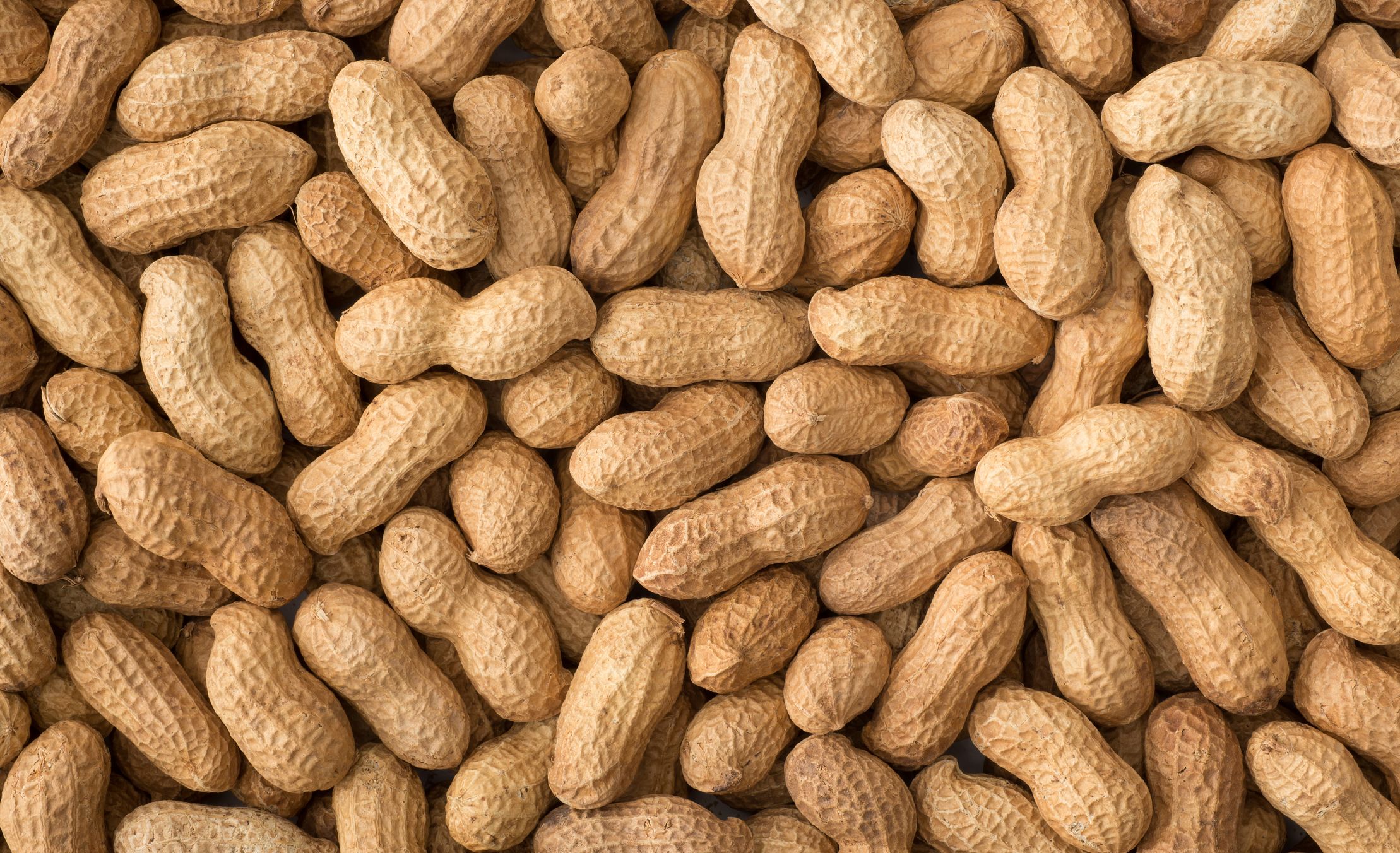Peanuts are a type of nut that is native to South America. They are a popular food all over the world and are used in many different dishes. Peanuts are a good source of protein, vitamins, and minerals. They are also a good source of fiber.
Nutritional Profile
One ounce (28 grams) of peanuts contains the following:
- Calories: 166
- Protein: 7 grams
- Fat: 14 grams
- Carbs: 6 grams
- Fiber: 2 grams
- Vitamin E: 25% of the RDI
- Magnesium: 8% of the RDI
- Phosphorus: 7% of the RDI
- Manganese: 37% of the RDI
Heart Health
Peanut (ถั่วลิสง) are a good source of dietary fiber, protein, vitamins, and minerals. They contain oleic acid, a type of monounsaturated fat that can help reduce low-density lipoprotein (LDL) cholesterol. Peanuts are also a good source of niacin, a B vitamin that can help lower cholesterol. Peanuts are a good source of protein, specifically monounsaturated fat, which is the “good” type of fat. They also contain fiber, vitamins, and minerals. Peanuts have been shown to help lower cholesterol and protect against heart disease and cancer.
How to Enjoy
Peanuts can be enjoyed in many different ways. They can be eaten whole, roasted, or as peanut butter. Peanuts can also be added to other dishes, such as cakes, cookies, and sauces.

Possible Risks
Peanuts can cause allergies in some people. Peanut allergies are one of the most common food allergies. Symptoms can range from mild to severe, and in rare cases, can be life-threatening. If you have a peanut allergy, it is important to avoid peanuts and peanut products.
Weight Management
Peanut butter can be a part of a weight management plan. Peanuts contain a good amount of protein and fiber. Fiber can help you feel fuller longer, and protein can help reduce hunger. Peanut butter can be a healthy snack option when it is eaten in moderation.
Blood Sugar Control
Peanuts and peanut butter can help control blood sugar levels. Peanuts contain magnesium, a mineral that can help regulate blood sugar levels. Peanut butter also has a low glycemic index. This means it does not cause a rapid rise in blood sugar levels. Peanuts and peanut butter can be a healthy snack options for people with diabetes.
Chronic Disease Prevention
Peanuts and peanut butter contain antioxidants that can help protect against some chronic diseases. Peanuts contain resveratrol, a compound that can help protect against heart disease and cancer. Peanut butter also contains phytosterols, compounds that can help reduce the risk of heart disease.

